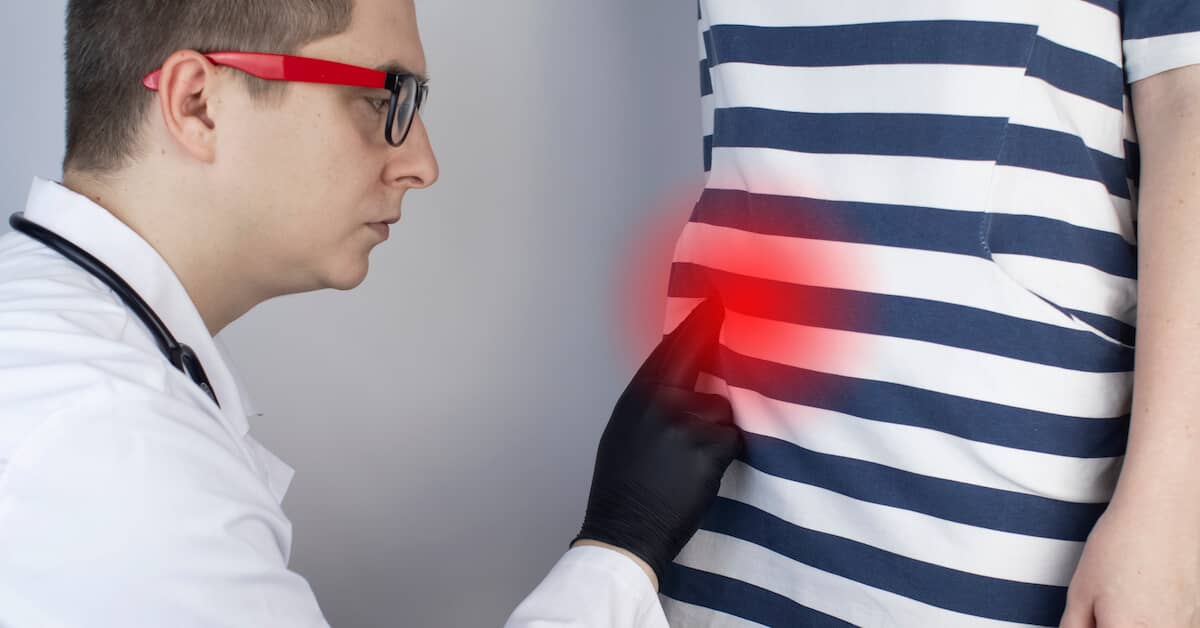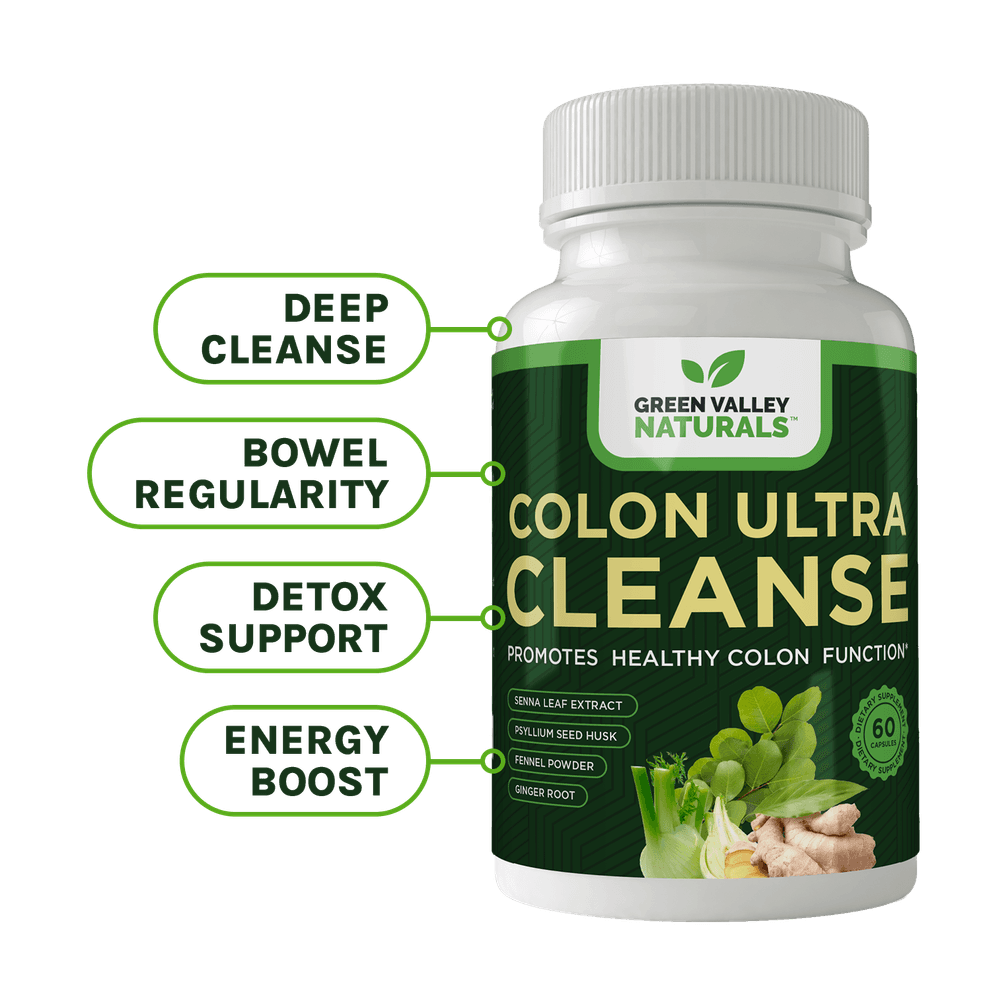
Medical researchers who study inflammatory bowel diseases (IBD) have found that these illnesses inflict their pain and discomfort on around three million Americans.
“IBD” is an umbrella term applied broadly to a whole range of gastrointestinal upsets. Although the “experts” like to say IBD consists of either Crohn’s disease or ulcerative colitis, my somewhat cynical definition is “mystery bowel upset that doctors can’t figure out.”
It’s pretty rare that victims ever figure out why they feel so bad. Treatment is hit or miss – try this, try that until you stumble on something that works for you.
In spite of this frustrating background, some researchers have found a few natural, relatively easy changes in lifestyle can lower the risk for IBD and may even speed healing of the problem, too.
While it’s true that your genetics, the microbes that live in your digestive tract, and rogue immune cells can all contribute to IBD, research shows that the foods you eat are also significant factors.
Junk Food and Drink
A study at Georgia State University that analyzed the health and food choices of more than 100,000 Americans shows that people who often eat French fries, cheese, cookies, soft drinks, sports drinks and energy drinks are more likely to develop IBD.1
It’s no surprise to me. I mean, the junk food so many Americans eat is part of the standard Western diet. Couple that with lack of exercise and you’ve got a sure-fire recipe for chronic inflammation in the digestive tract that leads to pain, diarrhea and other miseries. No wonder so many people are suffering!
Now, the researchers emphasize that they don’t have data to prove these foods cause IBD, but the study shows that consuming them is “associated” with these digestive problems. They recommend eating a lot less junk food if you want to avoid IBD.
At the very least, their study points to poor lifestyle choices as one of the causes of IBD.
Antibiotics Cause Problems, Too
Along with eating problematic junk foods, another modern habit of ours – taking too many antibiotics when they’re not medically necessary – also increases your risk of IBD.
A study in Sweden at the Karolinska Institute, performed in conjunction with Harvard scientists, shows that taking powerful antibiotics – particularly broad-spectrum antibiotics designed to kill off a wide variety of bacteria – is linked to digestive disease.2
These researchers point out that the use of bacteria-killing pharmaceuticals doesn’t merely kill infectious bacteria, but also eradicates the healthy, probiotic bacteria that inhabit the human digestive tract.
“I think this affirms what many of us have suspected — that antibiotics, which adversely affect gut microbial communities, are a risk factor for IBD," says researcher Dr. Long Nguyen.
A big part of the problem is that too many doctors prescribe antibiotics to just about anybody who asks for them. And that’s true even when their patients are suffering from a disease caused by a virus – like the common cold or the flu. Antibiotics are useless against viral infections.
"To identify risk factors for IBD is important, and ultimately our aim is to prevent the disease," adds Jonas Ludvigsson. "Our study provides another piece of the puzzle and even more reason to avoid using antibiotics needlessly."
Healing the Digestive Tract
If you want to stimulate the body’s natural defenses to ease the intestinal inflammation linked to IBD, researchers at the Weizmann Institute of Science in Israel have produced evidence that two natural chemicals – fisetin (found in apples, persimmons and strawberries) and citrulline (found in watermelon, beets, and spinach) – can help.3
We’ve written about fisetin favorably in the past, and I’ve added it to my regular supplement regimen. So I was happy to see this new research.
According to the Israeli studies, these two compounds help intestinal cells repair themselves by stimulating them to produce nitric oxide (NO). Lab tests show that taking these two natural chemicals as supplements improves intestinal health. What’s more, they believe the supplements may also help reduce the chances of colon cancer.
Along with these supplements, other research demonstrates that there’s a good chance avoiding foods containing gluten (proteins found in items made from wheat, barley and rye) can also help ease symptoms in many cases of IBD.4 And there’s also evidence that, in the long-term, getting up off your couch and chair and getting consistent daily exercise can support a healthier intestinal tract.5
My Takeaway
Many people who suffer from IBD take drugs to try to ease the inflammation and the digestive symptoms, but natural methods hold great promise for promoting the healing process. In addition to eating a healthier diet and exercising regularly, you can also consider supplements of tried-and-true natural anti-inflammatories, such as turmeric.
In fact, a pilot study published in 2004 found that people with IBD who took turmeric every day for eight weeks experienced a significant reduction in abdominal pain and improved bowel movements.6
Other helpful natural supplements reported in a 2016 review include vitamin D and vitamin B12 as well as green tea.7 And of course there's probiotics. Research published in the journal Gastroenterology & Hepatology points to the critical role of intestinal microflora in the development of chronic gut inflammation. Studies have shown that probiotic bacteria can prevent or minimize intestinal inflammation.8 Best of all, unlike pharmaceuticals, these natural methods only have beneficial side effects in your body and can help you improve your overall health.

